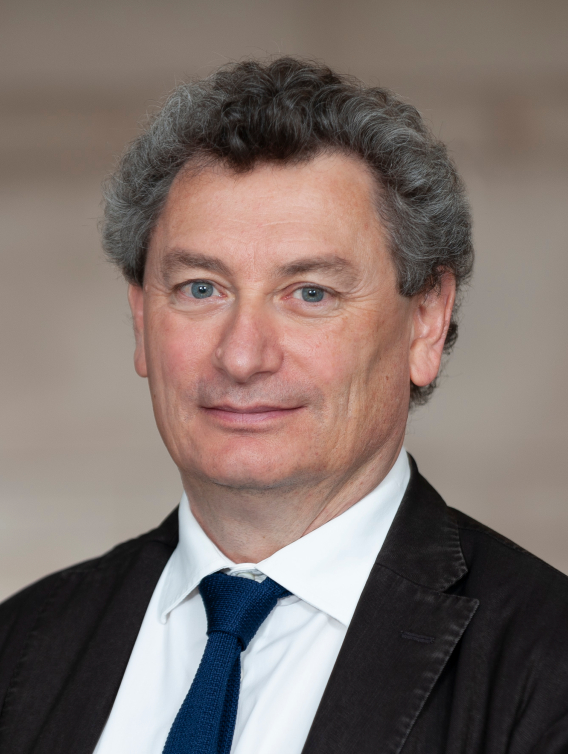Outcomes of first therapy after CD19-CAR-T treatment failure in large B-cell lymphoma Journal Article
| Authors: | Alarcon Tomas, A.; Fein, J. A.; Fried, S.; Flynn, J. R.; Devlin, S. M.; Fingrut, W. B.; Anagnostou, T.; Alperovich, A.; Shah, N.; Fraint, E.; Lin, R. J.; Scordo, M.; Batlevi, C. L.; Besser, M. J.; Dahi, P. B.; Danylesko, I.; Giralt, S.; Imber, B. S.; Jacoby, E.; Kedmi, M.; Nagler, A.; Palomba, M. L.; Roshal, M.; Salles, G. A.; Sauter, C.; Shem-Tov, N.; Shimoni, A.; Yahalom, J.; Yerushalmi, R.; Shah, G. L.; Avigdor, A.; Perales, M. A.; Shouval, R. |
| Article Title: | Outcomes of first therapy after CD19-CAR-T treatment failure in large B-cell lymphoma |
| Abstract: | Persistence or recurrence of large B-cell lymphoma after CD19-CAR-T is common, yet data guiding management are limited. We describe outcomes and features following CAR-T treatment failure. Of 305 adults who received CD19-CAR-T, 182 experienced disease recurrence or progression (1-year cumulative incidence 63% [95%CI: 57–69]). Of 52 post-CAR-T biopsies evaluated by flow cytometry, 49 (94%) expressed CD19. Subsequent anti-cancer treatment was administered in 135/182 (74%) patients with CAR-T treatment failure. Median OS from the first post-CAR-T treatment was 8 months (95%CI 5.6–11.0). Polatuzumab-, standard chemotherapy-, and lenalidomide-based treatments were the most common approaches after CAR-T. No complete responses (CRs) were observed with conventional chemotherapy, while CR rates exceeding 30% were seen following polatuzumab- or lenalidomide-based therapies. Factors associated with poor OS among patients treated post-CAR-T were pre-CAR-T bulky disease (HR 2.27 [1.10–4.72]), lack of response to CAR-T (2.33 [1.02–5.29]), age >65 years (HR 2.65 [1.49–4.73]) and elevated LDH at post-CAR-T treatment (HR 2.95 [1.61–5.38]). The presence of ≥2 of these factors was associated with inferior OS compared to ≤1 (56% vs. 19%). In this largest analysis to date of patients who progressed or relapsed after CD19-CAR-T, survival is poor, though novel agents such as polatuzumab and lenalidomide may have hold promise. © 2022, The Author(s), under exclusive licence to Springer Nature Limited. |
| Keywords: | adult; aged; lenalidomide; remission; remission induction; lymphoma, large b-cell, diffuse; adoptive immunotherapy; immunotherapy, adoptive; cd19 antigen; antigens, cd19; diffuse large b cell lymphoma; humans; human; receptors, chimeric antigen |
| Journal Title: | Leukemia |
| Volume: | 37 |
| Issue: | 1 |
| ISSN: | 0887-6924 |
| Publisher: | Nature Publishing Group |
| Date Published: | 2023-01-01 |
| Start Page: | 154 |
| End Page: | 163 |
| Language: | English |
| DOI: | 10.1038/s41375-022-01739-2 |
| PUBMED: | 36335261 |
| PROVIDER: | scopus |
| PMCID: | PMC9892211 |
| DOI/URL: | |
| Notes: | The MSK Cancer Center Support Grant (P30 CA008748) is acknowledged in the PDF --Corresponding author is MSK authors: Miguel-Angel Perales and Roni Shouval -- Source: Scopus |
Altmetric
Citation Impact
BMJ Impact Analytics
MSK Authors
Related MSK Work




















